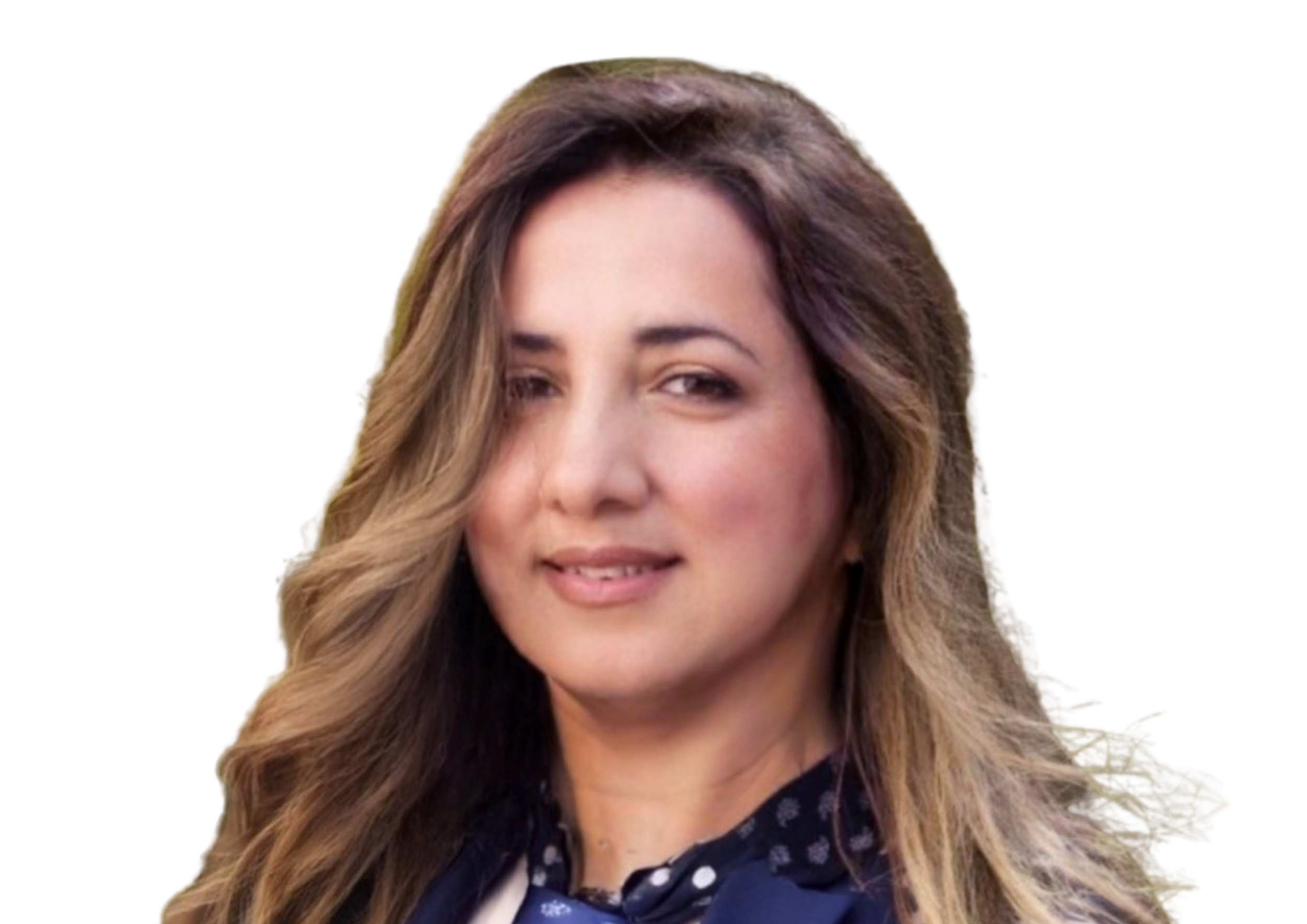Playtesting as a means of earning money
The playtesting market has developed quietly as a systematic process in the broader digital product creation economy.
Often seen by outsiders to the industry as a dilettante activity or auxiliary phase of entertainment software development, playtesting is increasingly a viable bridge between iterative product creation and commercial necessity to minimize post-launch friction.
As the gaming market grows both in size and technical complexity, the monetized feedback loop of playtesting is increasingly being vindicated not only as a time-saver during development but as a viable career, if not always a full-time one, for players across geographic, demographic, or socioeconomic boundaries.
Defining the Playtester's Role within a Complex Developmental Ecosystem
From a developmental perspective, a playtester is more than a casual player who simply provides a reflexive opinion about gameplay. Rather, the role entails structured, frequently scripted engagement with a software build under conditions predetermined by developers, designers, and producers.
These test environments may be early-alpha releases, end-stage betas, or internal test servers with propriety mechanics that have not yet been tested in the marketplace.
The function of a playtester, in such instances, is no different from that of a domain-specific quality assurance analyst, except that the input provided is generally experiential rather than systematically logged against software specifications. This is quite different from simply playing games with a payout, such as bingo games that pay real money.
This is the insight into understanding playtesting as a monetizable activity.
In contrast to salaried, process-oriented quality assurance work, subject to hard and fast acceptance criteria, playtesting is founded upon naturalistic commentary from a user base selected for some reasons—experience within specific genres, gamercast behavior, or merely demographic identification with the target player marketplace.
It is precisely this flexibility that allows playtesting to be reformulated to new monetization models, including on-demand recruitment by online platforms, reward-per-session models, and asynchronous participation schedules.
A Structured Market Reaction to Feedback-Based Development
The systemic demand for playtesting emerged in response to a confluence of events: the rise of live service models for games, increasing development overheads, and heightened user expectations.
Contemporary games, unlike their boxed-software ancestors, are continuously patched, seasonally updated, and revised mechanics.
This demands a feedback system that is responsive and authentic—capable of identifying not only bugs or performance issues, but also the nuances of user experience that influence retention, engagement, and monetization performance.
Studios, large and small, have thus institutionalized playtesting as a risk avoidance measure. Operationally, this exists as outsourced or platform recruitment of testers who are remunerated either directly or indirectly for their time and feedback.
The economic stakes are high: playtesting is now a line item in project budgets, a justified cost center over user support tickets, patch delays, or reputation loss due to badly optimized releases.
This institutionalization has also led to intermediaries—agencies and platforms that act as middlemen in recruitment, screening, and deployment of playtesters to developers. These go-betweens standardize the feedback process through formalized questionnaires, session recordings, behavior analysis, and bug report templates.
In return, they scatter remuneration, which may be varied in size depending on test environment complexity, play session length, or skill demands. The scheme is extremely close to that of contract-based platforms for remote work, further establishing playtesting as a paying job in the global digital labor economy.
Economic Stratification and Platform-Driven Opportunities
Hello Game's professionalization of playtesting has had uneven impacts on all players. There are certain test players who earn small ancillary wages and test on their spare time.
There are others, particularly those of niche specialization or reputation capital in the gaming community, who are recruited for well-paid gigs with stringent NDAs, stringent turnaround requirements for delivery, and formal debriefs.
These second-tier positions offer pay that comes close to the bottom tiers of freelance design or QA contracting, particularly if it is facilitated by platforms like PlaytestCloud, BetaFamily, or closed testing networks organized by publishers.
However, it is important to distinguish between open environments where playtesting access is democratized and closed systems where selective recruitment under stringent qualifications happens.
Open platforms are typically volume-based—providing low-stakes test gigs that will reward a few dollars per session, but with minimal onboarding.
Closed ecosystems, on the other hand, cherish accuracy and discretion, and typically require testers to submit with resumes, portfolios, or undergo screening processes. These are typically attached to story-centric games, mechanics deep testing, or early-access builds that haven't yet been exposed to the broader audience.
This fragmentation leads to economic stratification within the playtesting economy. General-skill low-skill testers are remunerated less but have a lower entry barrier, and high-skill testers enter more regulated, and thus more lucrative, agreements.
Incentives here all follow typical patterns of labor trends in platform-mediated gig work, where reputation, specialization, and availability determine income ceilings.
Yet unlike delivery or transport-based gig economies, playtesting rewards cognitive engagement and genre familiarity, thus attracting a different demographic—often younger, tech-savvy, and gaming literate.
Playtesting as Paid Knowledge Work in a Feedback-Driven Economy
Playtesting is unique in its place where entertainment, usability testing, and remote gig economy meet. Playtesting makes critique a market input, gives value to user experience, and rewards analytical engagement with interactive systems.
As games evolve into richer, service-based products, the need for formalized, paid critique will become increasingly stronger. Platforms, developers, and testers therefore must work within a matured ecosystem that values data fidelity, user diversity, and fair compensation.





















